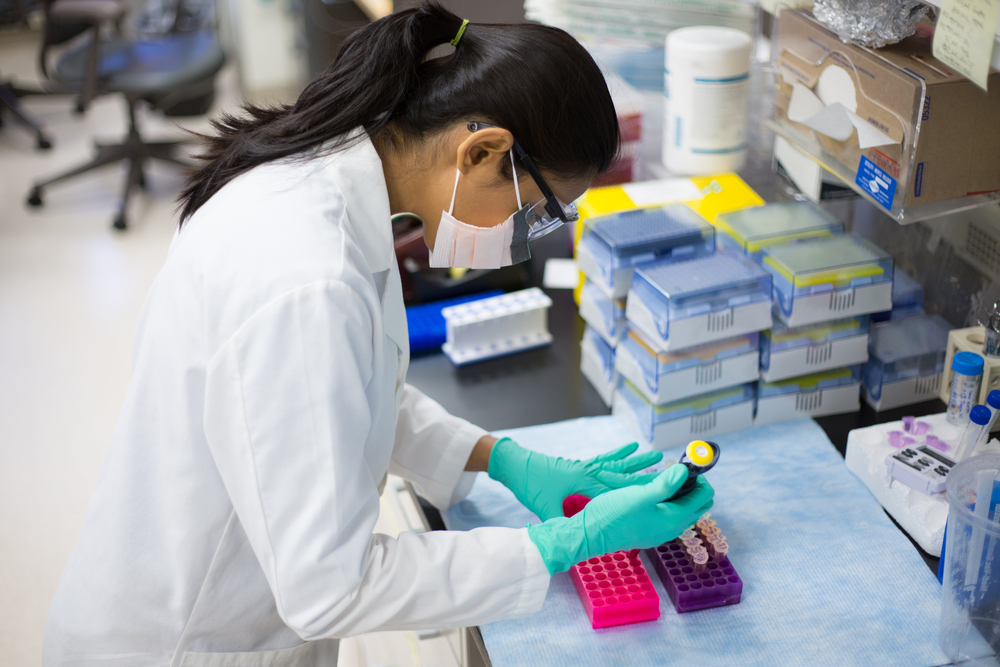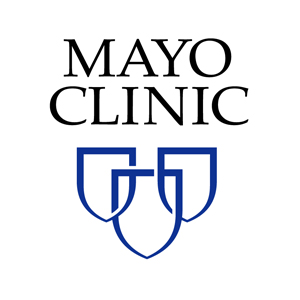Mayo Clinic Launches Lewy Body Dementia Program, Funded by The Harry T. Mangurian Jr. Foundation

 The Harry T. Mangurian Jr. Foundation has granted the Mayo Clinic in Jacksonville, Florida, a $5.75 million gift to fund research on Lewy body dementia. Mayo will be launching a new program dedicated to advancing knowledge on diseases that cause a progressive decline in mental and physical capacities, as well as finding treatments for them.
The Harry T. Mangurian Jr. Foundation has granted the Mayo Clinic in Jacksonville, Florida, a $5.75 million gift to fund research on Lewy body dementia. Mayo will be launching a new program dedicated to advancing knowledge on diseases that cause a progressive decline in mental and physical capacities, as well as finding treatments for them.
The Mayo Clinic Dorothy and Harry T. Mangurian Jr. Lewy Body Dementia Program aims to advance both knowledge and awareness related to Lewy body dementia, the second most common type of progressive dementia after Alzheimer’s disease. In addition, the grants will be invested in the brain bank located in Mayo’s Florida campus, which is currently composed of approximately 1,000 donated organs from deceased patients.
Even though the disease is not as easily recognized by name as other diseases such as Alzheimer’s or Parkinson’s, it is still a serious neurodegenerative disease, as patients suffer psychiatric complications, like hallucinations and delusions. “Patients will see things that aren’t there, small animals, small children,” explained the neuropathologist and director of the new program, Dennis Dickson, M.D. “They will, for example, deny that their spouse is their spouse — ‘You look like my wife, but you’re not my wife. You’re an impostor.'”
This not the first time that the Harry T. Mangurian Jr. Foundation and the Mayo Clinic have worked together, as the foundation previously funded research that led to the discovery of a genome association that identified the risk factors for Lewy body dementia. In addition, the scientists were also able to determine a Lewy body dementia gene within the last year that is found to run in some families.
“We at the Harry T. Mangurian Jr. Foundation are dedicated to supporting research seeking a cure to this disease and are proud of partnering with Mayo Clinic in this ongoing effort,” stated the vice president of the foundation, Gordon Latz.
One of the problems related to the disease is its semblance to other neurodegenerative diseases, like Alzheimer’s and Parkinson’s. The first cases were reported in the mid-1960s, but it was not until the 1980s that it started being diagnosed. The studies currently being conducted at the Mayo Clinic on Lewy body dementia include sleep studies, neuroimaging techniques, long-term patient studies, and laboratory research.
“We’re especially grateful to the Mangurian Foundation for their commitment to making Lewy body dementia a more widely known disorder,” said Dickson, who co-chaired a national committee that established a series of research priorities on Lewy body dementia.






